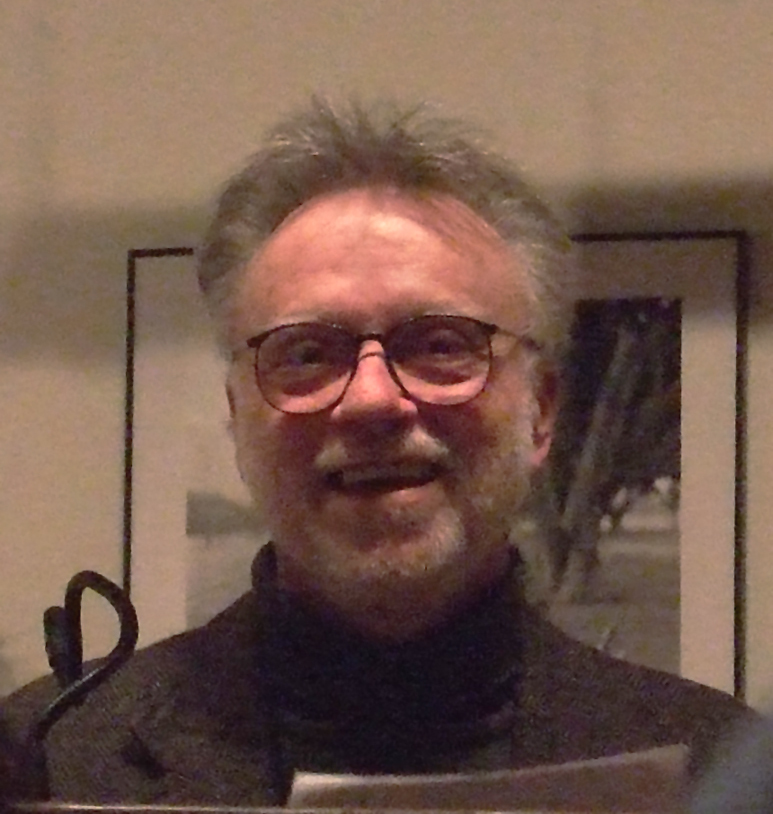 author
authorDiscover the Best Books Written by José Saramago
José de Sousa Saramago, GColSE ComSE GColCa, was a Portuguese writer and recipient of the 1998 Nobel Prize in Literature for his "parables sustained by imagination, compassion, and irony [with which he] continually enables us once again to apprehend an elusory reality." His works, some of which can be seen as allegories, commonly present subversive perspectives on historic events, emphasizing the theopoetic human factor.
In 2003 Harold Bloom described Saramago as "the most gifted novelist alive in the world today," and in 2010 said he considers Saramago to be "a permanent part of the Western canon," while James Wood praises "the distinctive tone to his fiction because he narrates his novels as if he were someone both wise and ignorant."
More than two million copies of Saramago's books have been sold in Portugal alone, and his work has been translated into 25 languages. A proponent of libertarian communism, Saramago criticized institutions such as the Catholic Church, the European Union, and the International Monetary Fund. An atheist, he defended love as an instrument to improve the human condition.
In 1992, the Government of Portugal under Prime Minister Aníbal Cavaco Silva ordered the removal of one of his works, The Gospel According to Jesus Christ, from the Ariston Prize's shortlist, claiming the work was religiously offensive. Disheartened by this political censorship of his work, Saramago went into exile on the Spanish island of Lanzarote, where he lived alongside his Spanish wife, Pilar del Río, until his death in 2010.
Saramago was a founding member of the National Front for the Defense of Culture in Lisbon in 1992. Saramago was born in 1922 into a family of very poor landless peasants in Azinhaga, Portugal, a small village in Ribatejo Province, some one hundred kilometers northeast of Lisbon. His parents were José de Sousa and Maria de Piedade. "Saramago," the Portuguese word for Raphanus raphanistrum (wild radish), was the insulting nickname given to his father and was accidentally incorporated into his name by the village clerk upon registration of his birth.
In 1924, Saramago's family moved to Lisbon, where his father started working as a policeman. A few months after the family moved to the capital, his brother Francisco, older by two years, died. He spent vacations with his grandparents in Azinhaga. When his grandfather suffered a stroke and was to be taken to Lisbon for treatment, Saramago recalled, "He went into the yard of his house, where there were a few trees, fig-trees, olive trees.
And he went one by one, embracing the trees and crying, saying goodbye to them because he knew he would not return. To see this, to live this, if that doesn't mark you for the rest of your life," Saramago said, "you have no feeling." Although Saramago was a good pupil, his parents were unable to afford to keep him in grammar school and instead moved him to a technical school at age 12.
After graduating as a lathe operator, he worked as a car mechanic for two years. At this time, Saramago had acquired a taste for reading and started to frequent a public library in Lisbon in his free time. He married Ilda Reis, a typist, and later artist, in 1944 (they divorced in 1970). Their only daughter, Violante, was born in 1947. By this time, he was working in the Social Welfare Service as a civil servant. Later he worked at the publishing company Estúdios Cor as an editor and translator and then as a journalist.
By that time, in 1968, he met and became the lover of writer Isabel da Nóbrega, the longtime partner of author and critic João Gaspar Simões. Nóbrega became Saramago's devoted literary mentor, to whom he would later dedicate Memorial do Convento and O Ano da Morte de Ricardo Reis. After the democratic revolution in 1974, on 9 April 1975, during the rule of Vasco Gonçalves, Saramago became the assistant director of the newspaper Diário de Notícias, and the editorial line became clearly pro-communist.
A group of 30 journalists - half the editorial staff - handed the board a petition calling for the editorial line to be revised and for it to be published. A plenary was called, and following an angered intervention by Saramago, 24 journalists were expelled, accused of being right-wingers. After the Coup of 25 November 1975 that put an end to the communist PREC, Saramago, in turn, was fired from the newspaper.
Saramago published his first novel, Land of Sin, in 1947. It remained his only published literary work until a poetry book, Possible Poems, was published in 1966. It was followed by another book of poems, Probably Joy, in 1970, three collections of newspaper articles in 1971, 1973, and 1974 respectively, and the long poem The Year of 1993 in 1975. A collection of political writing was published in 1976 under the title Notes. After his dismissal from Diário de Notícias in 1975, Saramago embraced his writing more seriously. In the following years, he published a series of important works, including Manual de Pintura e Caligrafia (1977), Objecto Quase (1978), Levantado do Chão (1980), and Viagem a Portugal (1981).
Best author’s book




















